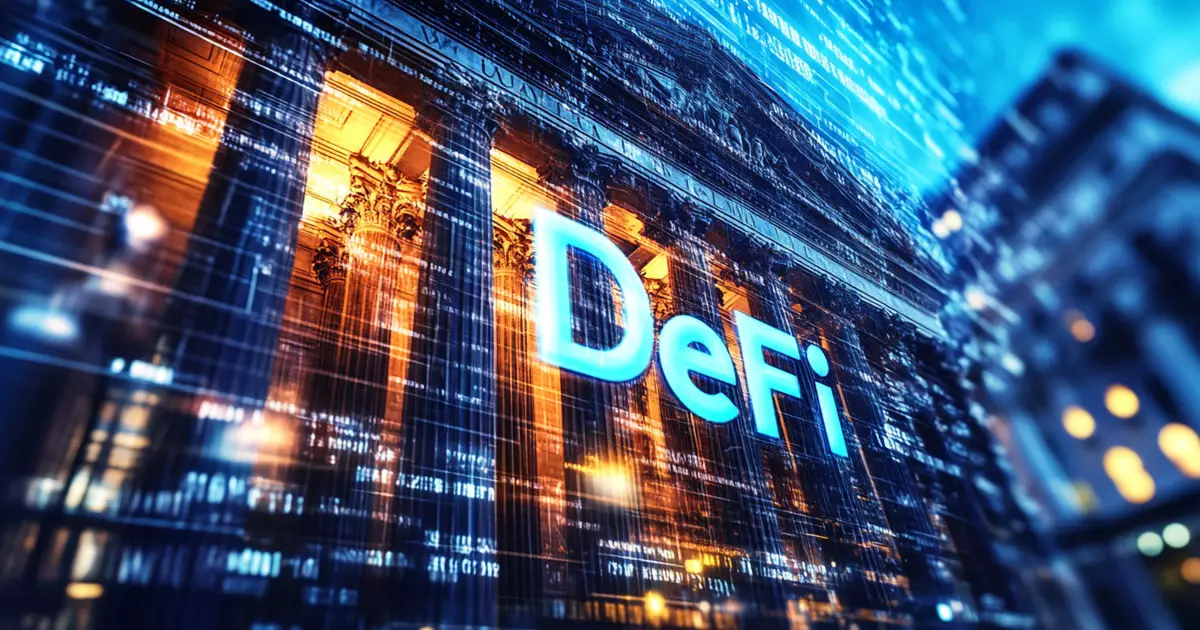The rise of decentralized finance (DeFi) has ushered in a new era of financial innovation, but with it comes a wave of regulatory uncertainties. A recent call to action from the DeFi Education Fund emphasizes the pressing need for the U.S. Department of Justice (DOJ) to reassess its stance on holding developers responsible for user actions. The underlying issue illustrates a critical disconnect between traditional regulatory frameworks and the unique nature of decentralized networks.
In their blog post, co-authors Miller Whitehouse-Levine and Amanda Tuminelli draw an interesting parallel between software developers in the DeFi space and automobile manufacturers. They contend that just as car makers are not liable for the choices their customers make once they are behind the wheel, developers should not be held accountable for how users utilize their protocols. This analogy spotlights the need for a fundamental shift in how liability is perceived within the realm of DeFi, advocating for policies that align with the decentralized ethos where users exercise control over their financial assets.
The authors caution that targeting developers with broad legal interpretations—such as Section 1960 of the U.S. Code, which governs money transmitting businesses—may set damaging precedents. Imposing legal liability on creators who lack control over the usage of their innovations could lead to detrimental outcomes for the entire crypto ecosystem. This is particularly alarming given that unwarranted legal pressures may stifle innovation, driving skilled developers out of the field and hampering the progress of DeFi technologies.
One of the pivotal points made is the fundamental distinction between centralized exchanges and DeFi protocols. Centralized exchanges act as custodians of user funds, providing a level of control that subjects them to stringent financial regulations. In contrast, DeFi protocols empower users to maintain direct control over their assets, asserting that the user—not the protocol developer—should be held accountable for their actions. This distinction is essential for regulatory clarity; recognizing the different roles in these financial transactions could pave the way for more effective governance.
Call for Clear Legal Frameworks
To achieve progress, the authors advocate for a well-defined legal framework that accurately delineates the responsibilities associated with control and custody in DeFi. A clearer understanding of these distinctions will not only reduce the uncertainty that currently pervades the industry but also foster an environment conducive to responsible innovation. The development of explicit guidelines can help navigate the complexities of compliance while allowing the DeFi sector to thrive.
The DeFi Education Fund’s call to the DOJ reflects a growing recognition of the need for a forward-thinking approach to regulation in the blockchain space. As decentralized finance continues to reshape our economic landscape, it is paramount that policymakers craft regulations that reflect the realities of user control and technological innovation, rather than imposing outdated frameworks that threaten to stifle progress. By doing so, we can ensure that the potential of DeFi is harnessed while maintaining a framework of responsibility and accountability.
















Leave a Reply